Injured in an Uber Accident – Who Is Liable?
Getting hurt in an Uber ride can turn your life upside down. You might wonder who’s responsible for your injuries and where to turn. Below is some information about what happens after an Uber accident and why talking to an Uber accident lawyer is important.
Who Might You Hold Responsible?
After an Uber accident, a lawyer can help you determine if you can hold liable:
- The Uber driver
- Another driver on the road
- Uber as a company
- A car part maker, if a faulty part caused the crash
Sometimes, more than one person or company might share responsibility. This is why you must talk to a lawyer who understands Uber accidents.
What to Do After an Uber Accident
If you suffered an injury in an Uber accident, your health comes first. Get medical help right away, even if you feel okay. Some injuries don’t show up immediately, and you need a doctor’s report later.
After seeing a doctor, consider your rights. An Uber accident lawyer can help you here.
Why You Should Call an Uber Accident Attorney
Calling a lawyer after an Uber accident is a smart move. Here’s why:
Understanding Your Rights
A lawyer can explain your rights and options. They can tell you if you have a good case and what you can get as compensation for your damages.
Dealing with Insurance Companies
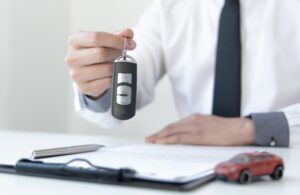
After an accident, you’ll probably hear from insurance companies. They might offer you money to settle quickly. But these offers are often much less than what you deserve. An Uber accident lawyer can talk to the insurance companies for you and fight for a fair amount.
Gathering Evidence
To win your case, you need proof. A lawyer knows what evidence to look for and how to get it. This might include:
- The police report
- Witness statements
- Photos of the accident scene
- Your medical records
- Information about the Uber driver’s history
Understanding Uber’s Insurance
Uber has a complicated insurance system. The coverage changes depending on what the driver was doing during the accident. A lawyer who understands Uber accidents can determine the insurance that applies to your case.
Calculating Your Damages
If you’ve suffered an injury, you can get money for:
- Medical bills
- Lost income if you cannot work
- Pain and suffering
- Future medical care you might need
An Uber accident attorney can help determine the worth of your case. They know how to calculate the impact of the accident on your life.
Fighting for You in Court
Most Uber accident cases settle out of court. But if your case does go to trial, you’ll want a lawyer on your side. They can present your case to a judge or jury and fight for your rights.
No Upfront Costs
Many lawyers who handle Uber accident cases work on a contingency fee basis. This means you don’t pay them unless you win your case. Then, they get a percentage of what you win. This lets you get legal help without worrying about money upfront.
Peace of Mind
Having an Uber accident attorney handle your case can give you peace of mind. You can focus on getting better while they handle the stressful legal stuff.
Understanding Uber’s Insurance
Uber’s insurance is different from regular car insurance. It changes based on what the driver is doing:
- The app is off: The driver’s insurance applies.
- The app is on, but no ride is accepted: Uber provides some coverage, but it’s limited.
- Driver accepted a ride or has a passenger: Uber’s full insurance applies. This includes $1 million in liability coverage.
A lawyer can help figure out the insurance that applies to your case. This is important for getting the most compensation possible.
Common Injuries in Uber Accidents

Uber accidents can cause many types of injuries. Some common ones are:
- Whiplash
- Broken bones
- Cuts and bruises
- Head injuries
- Back and neck injuries
Even if your injuries seem minor, see a doctor. Some injuries get worse over time. A lawyer can get compensation for all your injuries, including ones that might cause problems in the future.
How Long Do You Have to File a Claim?
After an Uber accident, you have a limited time to file a claim. This is called the statute of limitations. The time limit varies by state, but it’s often between one and three years.
Talk to a lawyer as soon as possible after your accident. They can ensure that you meet all important deadlines.
What if the Uber Driver Wasn’t at Fault?
Sometimes, Uber drivers aren’t responsible for accidents. It might be another driver’s fault. You might need to file a claim against that driver’s insurance in these cases.
However, Uber’s insurance might apply even if another driver caused the crash. This is another reason why having a lawyer is helpful. They can figure out all the possible sources of compensation.
Uber’s Safety Measures
Uber has rules to try to keep riders safe. For example, drivers must:
- Pass a background check
- Have a clean driving record
- Use a car that meets Uber’s standards
But accidents can still happen. A lawyer can investigate whether Uber failed to keep you safe.
What if An Uber hit you?
You still have rights if you are in another car, walking, or biking when an Uber hits you. You can file a claim against:
- The Uber driver’s insurance
- Uber’s insurance
- Your insurance, if you have uninsured/underinsured motorist coverage
A lawyer can determine what insurance applies and how to get the most compensation.
Dealing with Uber Directly
After an accident, Uber might contact you and ask for a statement or offer a settlement. It’s best not to talk to them without a lawyer. Anything you say can later work against you.
A lawyer can handle all communication with Uber. This protects your rights and helps you avoid saying something that can hurt your case.
The Claims Process
Filing a claim after an Uber accident involves several steps:
- Gathering evidence
- Filing the claim with the right insurance company
- Negotiating a settlement
- Going to court if needed
A lawyer can guide you through this process. They know how to present your case in the strongest way possible.
What if the Driver Was Off Duty?
Sometimes, an Uber driver might cause an accident when they’re not actively working. For example, they might have the app on but haven’t accepted a ride yet.
In these cases, figuring out who’s responsible can be tricky. Uber’s insurance might apply, but it might not cover as much. A lawyer can help sort out these complicated situations.
How Much is Your Case Worth?
Every Uber accident case is different. The value of your case depends on many factors, like:
- How serious your injuries are
- How much work you missed
- Whether you’ll need future medical care
- How the accident has affected your daily life
A lawyer can give you an idea of your case’s worth. They can also fight to make sure you get a fair amount.
What if the Accident Wasn’t in Your Home State?
Uber operates nationwide, and the laws differ in every state.
A lawyer can ensure you understand how the laws in that state affect your case. They can also work with lawyers in that state if needed.
Emotional Impact of Uber Accidents
After an accident, you might feel scared to ride in cars or have trouble sleeping. These emotional effects are real and can be part of your claim.
A lawyer can include your emotional suffering in the calculation of your compensation.
What if Uber Offers a Quick Settlement?
Uber or their insurance company might offer you a quick settlement. It can be tempting to take this money, especially if you have bills piling up. But these early offers are often much less than your case is worth.
A lawyer can review any settlement offers. They can tell you if the offer is fair or if you should hold out for more. Remember, you usually can’t ask for more money later once you accept a settlement.
The Importance of Medical Treatment
Following your doctor’s orders after an Uber accident is crucial. This is important for your health and also helps your legal case. If you skip appointments or don’t follow treatment plans, the other side might argue that you’re not hurt.
A lawyer can help make sure your medical records support your case. They can also get you the treatment you need if you have trouble paying medical bills.
What if the Driver Was Distracted?

Distracted driving is a big problem. If the Uber driver was texting, using the Uber app, or not paying attention, this can strengthen your case.
A lawyer can investigate whether the driver was distracted. They can obtain phone records or data from the Uber app to prove it.
Understanding Rideshare Insurance
Uber is part of a category called rideshare companies. The insurance for these companies can be complicated. It’s different from regular car insurance or taxi insurance.
A lawyer who knows about rideshare cases can navigate this complex insurance landscape. They can ensure you’re dealing with the right insurance company and getting all the coverage you deserve.
What if Uber Denies Responsibility?
Sometimes, Uber might try to deny responsibility for an accident. They might say the driver wasn’t working for them then or another factor caused the crash.
A lawyer can fight back against these claims. They can gather evidence to show that Uber is responsible and should compensate you for your injuries.
What if You Signed a Waiver?
When you use Uber, you agree to its terms of service, which include some language about limiting Uber’s liability. But this doesn’t mean you can’t sue if you’re hurt in an accident.
A lawyer can explain how these terms affect your case. In many cases, you can still seek compensation despite what the terms of service say.
The Impact on Your Insurance Rates
If you suffered an injury as a passenger in an Uber, it shouldn’t impact your car insurance rates. The claim will be against Uber’s or driver’s insurance, not yours.
However, your rates might be affected if you drive your car when an Uber hits you. A lawyer can ensure you understand how the accident might affect your insurance and what you can do about it.
What if the Driver Was Uninsured?
Uber requires its drivers to have insurance. But sometimes, a driver might let their insurance lapse. In these cases, Uber’s insurance should still cover you.
If an uninsured Uber driver who isn’t actively working hits you, the situation becomes more co-created. A lawyer can help explore all your options for compensation in these tricky situations.
The Difference Between Uber and Taxi Accidents
Uber accidents are handled differently from taxi accidents. Commercial insurance policies usually cover taxis. Uber uses a mix of personal and commercial insurance.
A lawyer can explain these differences and ensure you follow the right process for an Uber accident, not a taxi accident. You shouldn’t wait to get help.
After an Uber incident, it’s important to act quickly. Evidence can disappear, witnesses can forget what they saw, and you might miss important deadlines.
By calling a lawyer soon after your accident, you give them the best chance to build a strong case for you. They can start gathering evidence immediately and don’t you don’t miss any important steps.
Contact an Uber Accident Lawyer Today
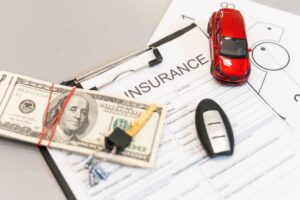
Suffering an injury in an Uber accident can turn your life upside down. You might be dealing with injuries, missing work, and worrying about it. It’s a lot to handle on your own.
That’s why talking to a lawyer with experience handling Uber accidents is so important. They can guide you through the complicated process of seeking compensation. They’ll fight for your rights and work to get you the money you need to recover.
Remember, most lawyers offer free consultations for Uber accident cases. You can talk to them about your case without cost or commitment. They can tell you if you have a good case and what your next steps Don’t be.
Don’t let an Uber accident derail your life. Contact a personal injury lawyer who can clarify your rights and options. With the right legal help, you can focus on getting better while your lawyer handles the rest.


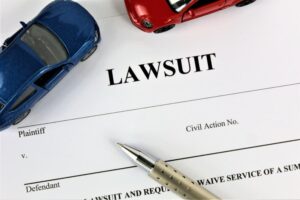 As soon as you hire them to represent you, your car accident lawyer will become responsible for every detail of your claim. Some of the most critical duties your lawyer will perform include:
As soon as you hire them to represent you, your car accident lawyer will become responsible for every detail of your claim. Some of the most critical duties your lawyer will perform include: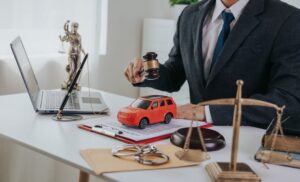 Keep in mind that, if you have any questions about hiring a lawyer, law firms offer free consultations. You can receive a complimentary case review and face no obligation to hire the firm.
Keep in mind that, if you have any questions about hiring a lawyer, law firms offer free consultations. You can receive a complimentary case review and face no obligation to hire the firm.
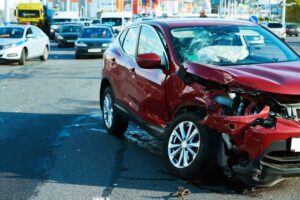
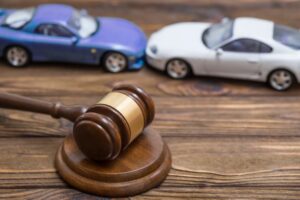


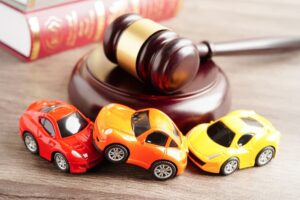
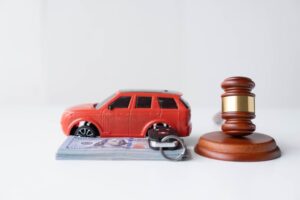

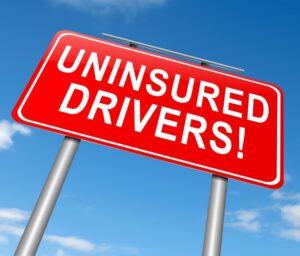
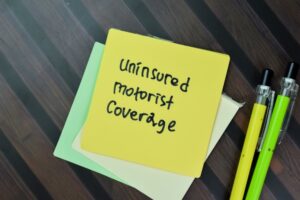
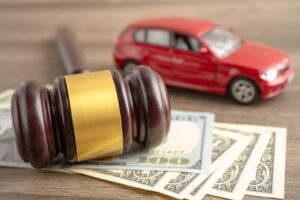

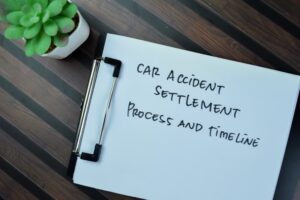 Each car accident case is unique, so the compensation you can claim will vary depending on the circumstances. There is no cookie-cutter typical car accident settlement. The compensation you can claim will vary depending on the circumstances.
Each car accident case is unique, so the compensation you can claim will vary depending on the circumstances. There is no cookie-cutter typical car accident settlement. The compensation you can claim will vary depending on the circumstances.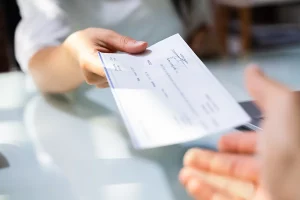


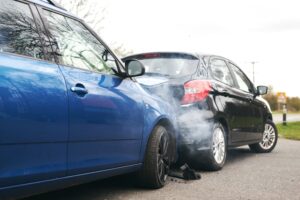 In
In 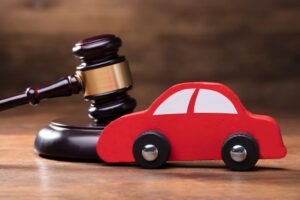 Car accident
Car accident 
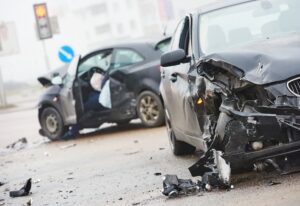
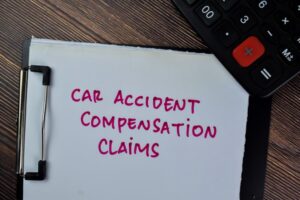
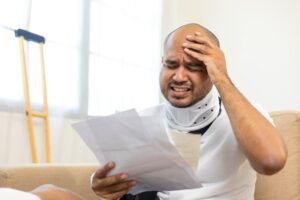



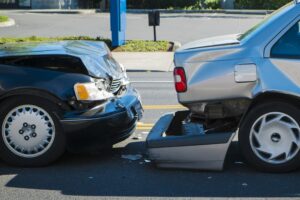
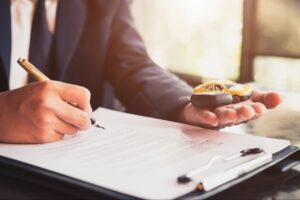
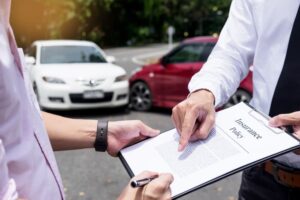
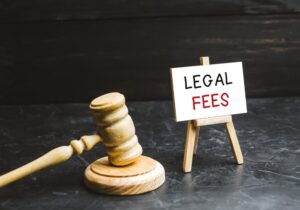

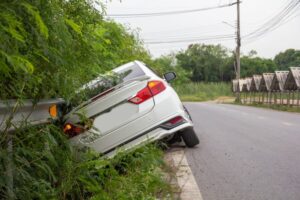

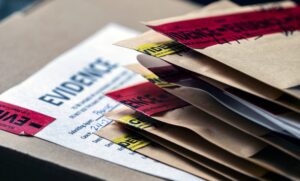



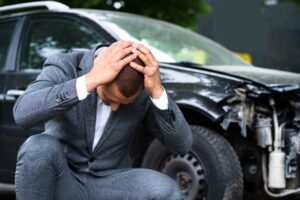 When it comes to car accidents, determining the value of pain and suffering is a complex process. Unlike other damages like medical expenses or property damage, pain and suffering is subjective in nature and doesn’t come with a clear price tag.
When it comes to car accidents, determining the value of pain and suffering is a complex process. Unlike other damages like medical expenses or property damage, pain and suffering is subjective in nature and doesn’t come with a clear price tag.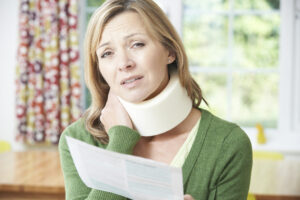 The per diem method assigns a specific daily rate to your pain and suffering and multiplies it by the number of days you’ve experienced pain and suffering. This method is often used in cases where there is no clear-cut economic damage, such as permanent disabilities or chronic pain.
The per diem method assigns a specific daily rate to your pain and suffering and multiplies it by the number of days you’ve experienced pain and suffering. This method is often used in cases where there is no clear-cut economic damage, such as permanent disabilities or chronic pain.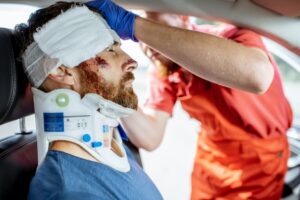 Consider a situation where you were involved in a T-bone collision at an intersection. Despite the absence of serious physical injuries, you now suffer from
Consider a situation where you were involved in a T-bone collision at an intersection. Despite the absence of serious physical injuries, you now suffer from 











